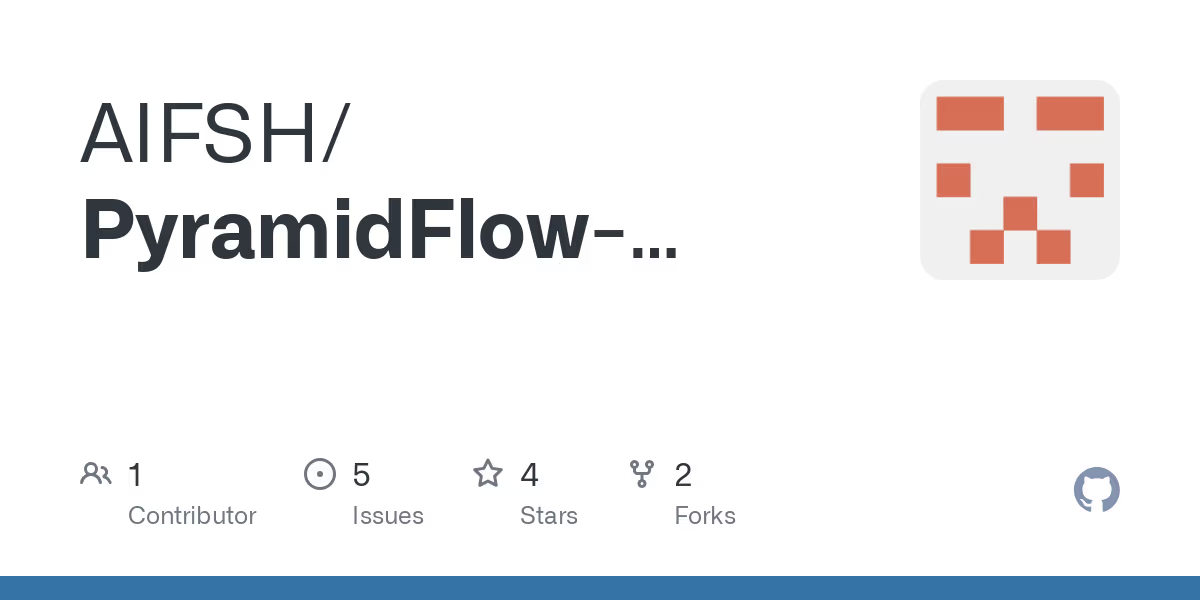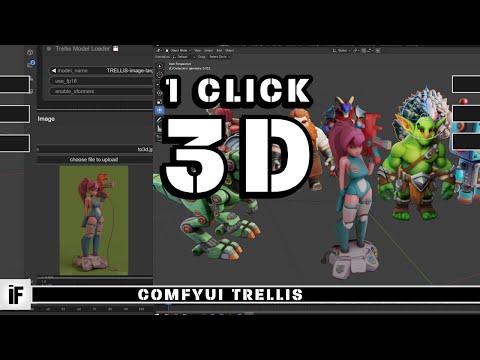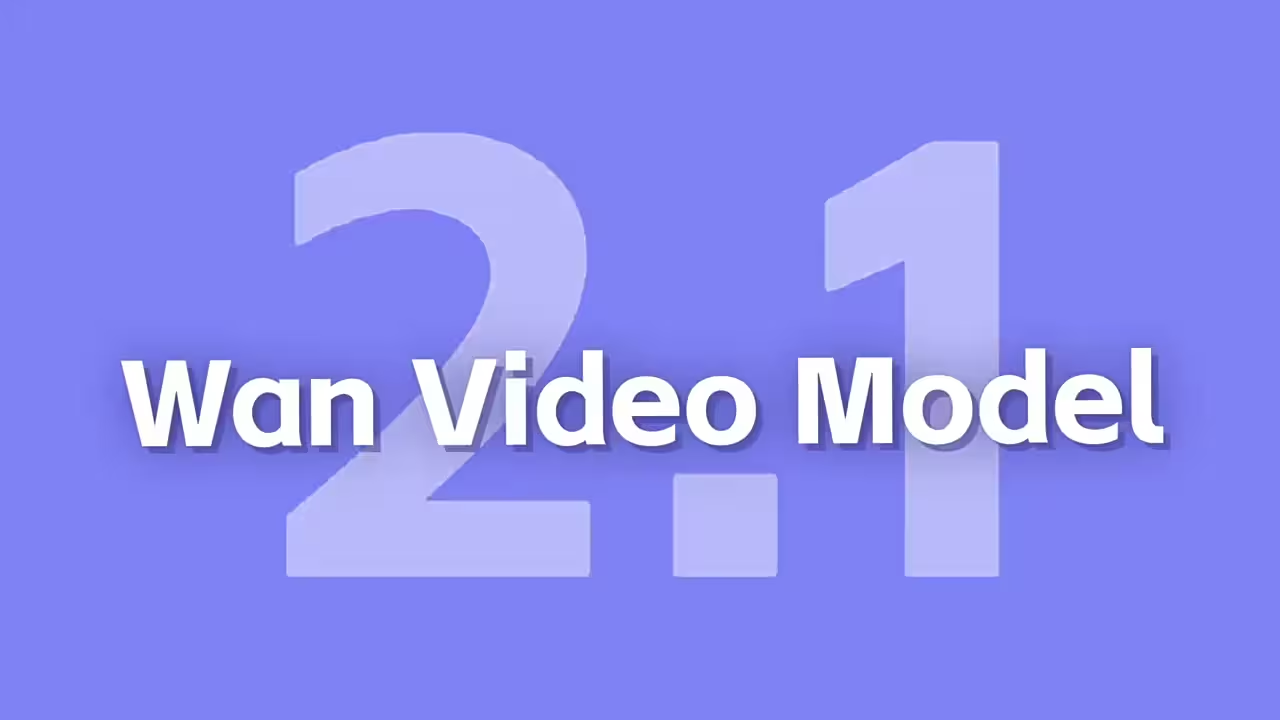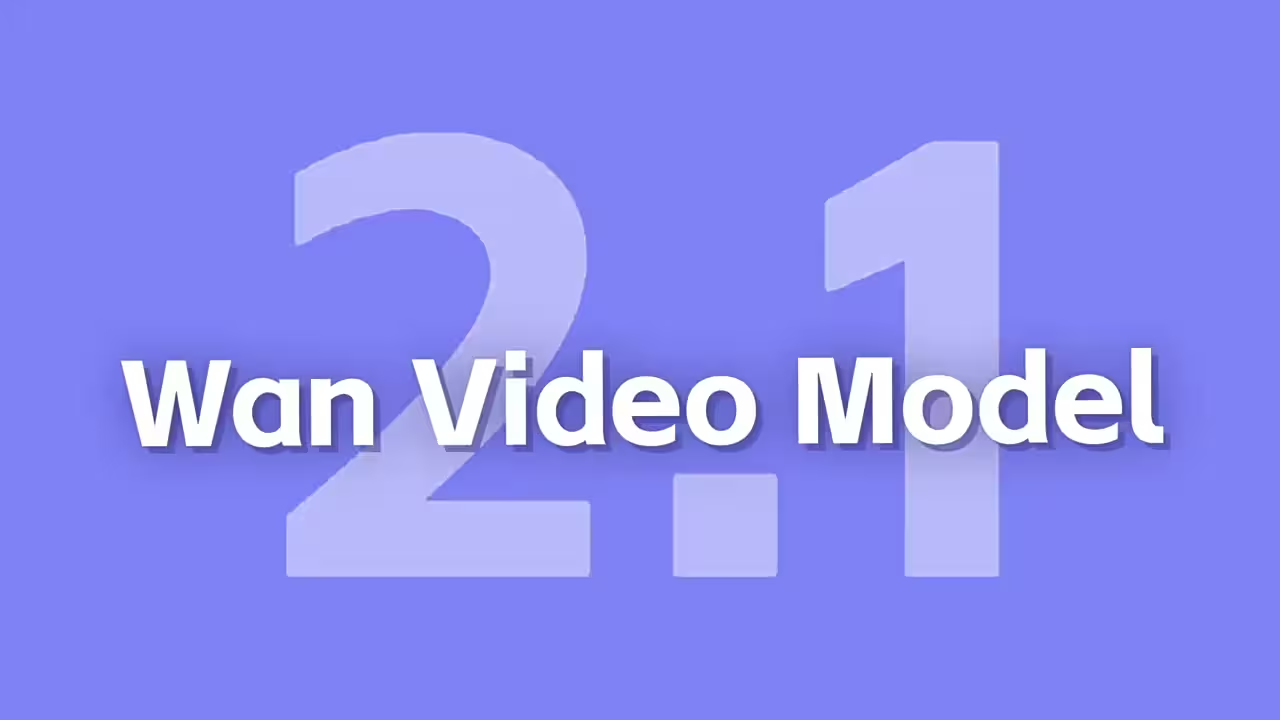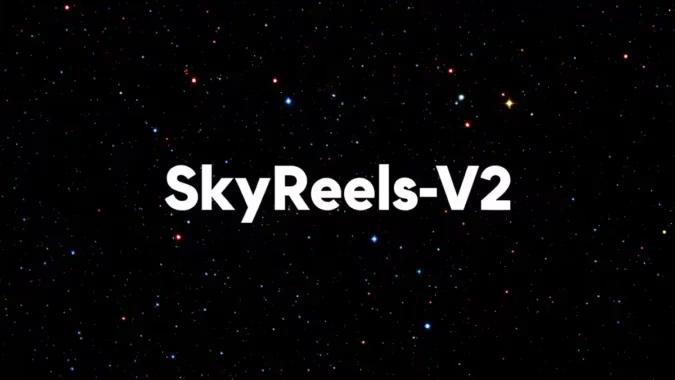In this guide, I’ll walk you through setting up Micromamba to integrate Triton, Sage-Attention, Flash-Attention, and X-formers for ComfyUI 3D. This combination ensures smooth performance for advanced workflows, especially for 3D models and optimizations.
ComfyUI
git clone https://github.com/comfyanonymous/ComfyUI.gitHere’s a step-by-step guide to setting up Micromamba on Windows.
A. Download and Configure Micromamba Directory
Open PowerShell as Administrator
Not your regular PowerShell—make sure it’s Administrator-level access.
Create a Directory for Micromamba
Choose where you want Micromamba to live. Examples:
mkdir \micromamba
cd \micromambaDownload the Latest Micromamba Windows Binary
Use this command to grab the latest version:
Invoke-WebRequest -URI https://micro.mamba.pm/api/micromamba/win-64/latest -OutFile micromamba.tar.bz2Extract Micromamba
Use 7-zip or your preferred unzip tool to extract:
7z e micromamba.tar.bz2 && 7z x micromamba.tar && MOVE -Force Library\bin\micromamba.exe micromamba.exeScript Details & Cleanup
- Once extracted, you can safely delete the leftover files:
Libraryfolder.tarand.tar.bz2files
- Close PowerShell when you’re done.
C. Configure Environment Variables
- Create the
MAMBA_ROOT_PREFIXEnvironment Variable
Open Control Panel -> Edit System Environment Variables -> Environment Variables- Add the Micromamba Directory to Your PATH
- Point to the folder where Micromamba lives (e.g.,
C:\Users\username\AppData\Roaming\mambaD. Verify Your Setup
Open a new PowerShell session and check that Micromamba is installed properly:
micromamba -vIf it spits out a version number, you’re good to go!
Why Micromamba?
Micromamba is lightweight, fast, and great for automating Python environment setups—especially when sharing with team members. Less headache, more coding.
Step 1: Set Up PowerShell Permissions
Open an Administrator PowerShell window.
Type this command:
Set-ExecutionPolicy Unrestricted
press AClose the PowerShell window.
Troubleshooting Terminal Issues: (Optional)
If you’re using a “debloated” version of Windows and PowerShell isn’t cooperating, install WezTerm as an alternative terminal:
Download WezTerm here: WezTerm Install
Or use this command via Winget:
winget install wez.weztermStep 2: Python Setup
To avoid issues later, create a micromamba environment. If you’re not familiar with micromamba, here’s how:
Install Micromamba:
Download it here: Micromamba Installation
Open your terminal and run:
micromamba install xtensor -c conda-forge
micromamba create -n 3d12 xtensor -c conda-forgeReplace 3d12 with any name you like (short and sweet, like ai or comfy).
Install Python 3.12.1:
micromamba install -c conda-forge python=3.12.1
micromamba activate 3d12Later, when installing ComfyUI dependencies, use:
pip install -r requirements.txtIn PowerShell while Activate Error
If you Get This Error
critical libmamba Shell not initialized 'micromamba' is running as a subprocess and can't modify the parent shell. Thus you must initialize your shell before using activate and deactivate. To initialize the current powershell shell, run: $ micromamba.exe shell hook -s powershell | Out-String | Invoke-Expression and then activate or deactivate with: $ micromamba activate To automatically initialize all future (powershell) shells, run: $ micromamba shell init --shell powershell --root-prefix=~/.local/share/mamba If your shell was already initialized, reinitialize your shell with: $ micromamba shell reinit --shell powershell Otherwise, this may be an issue. In the meantime you can run commands. See: $ micromamba run --help Supported shells are {bash, zsh, csh, posix, xonsh, cmd.exe, powershell, fish, nu}.
Try This CMD
micromamba.exe shell hook -s powershell | Out-String | Invoke-ExpressionStep 3: Install Git and Git LFS
- Download and install Git:
- Install Git LFS:
Make sure Git is on your system PATH. Run this to check
micromamba.exe shell hook -s powershell | Out-String | Invoke-ExpressionStep 4: Install CUDA Toolkit
- Download the CUDA Toolkit 12.4:
- Remove any older CUDA versions from your PATH to avoid conflicts.
- Restart your computer after installation.
Important: Double-check that CUDA is correctly set up by ensuring its folder path exists in your system environment variables.
Step 5: Install Xformers
Xformers speeds up image generation. Install it before other dependencies:
- Run this command to install Xformers with PyTorch:
pip install -U xformers torch torchvision torchaudio --index-url https://download.pytorch.org/whl/cu124Replace cu124if you’re using a different CUDA version.
Need more info? Check out the official guides:
Step 6: Install Visual Studio Build Tools
- Download Visual Studio Build Tools here:
- During installation, select:
- Desktop Development with C++
- Windows 11 SDK (10.0.22621.0 or newer)
- MSVC v143 – VS 2022 (x64/x86)
- C++ CMake Tools
- C++ ATL headers and libraries
Step 7: System Environment Variables
Time to fix those environment paths:
Open Windows Settings.
Search for “Edit system environment variables”.
Click on Environment Variables.
Add or edit these variables:
CUDA Path
Python PATH (add venv/Scripts folder).
Git Path
C:\Program Files\Git\cmdVisual Studio Tools Path (important for Triton):
C:\Program Files (x86)\Microsoft Visual Studio\2022\BuildTools\VC\Auxiliary\BuildStep 8: Install VCRuntime DLLs
If you’re missing vcruntime files, here’s how to fix it:
- Download the runtime installer:
- Copy
vcruntime140.dllandvcruntime140_1.dllinto the Scripts folder of your Python environment.
https://www.mediafire.com/file/rtr9twx3qpx96dc/vcruntime140_1.dll/file
https://www.mediafire.com/file/gfjvkquaxn7o91u/vcruntime140.dll/file
Step 9: Install Triton (Precompiled Wheels)
- Download the correct Triton wheel for your Python version:
Place the wheel file in your working directory (or provide its path):pip install triton-3.0.0-cp312-cp312-win_amd64.whl- For embedded Python:
.
/python.exe -s -m pip install triton-3.0.0-cp312-cp312-win_amd64.whlStep 10: Install SageAttention
Download the SageAttention script:
Place the script in this folder:
ComfyUI/custom_nodes/
pip install sageattentionStep 11: (Optional) Install Flash Attention 2
Flash Attention 2 can help with performance optimization.
Check if you have Ninja installed:
ninja --versionIf not, install it:
pip install ninjaClone the Flash Attention repo:
git clone https://github.com/Dao-AILab/flash-attention
cd flash-attention
set MAX_JOBS=4
pip install flash-attn --no-build-isolationRun pip list to confirm it installed successfully.
Final Words
Phew! You’re all set now. Activate your ComfyUI environment and start creating:
micromamba activate 3d12 # Or your environment nameIf you run into any snags, just double-checked the system paths and installed versions. Now go enjoy some super-smooth, high-speed image generation!


